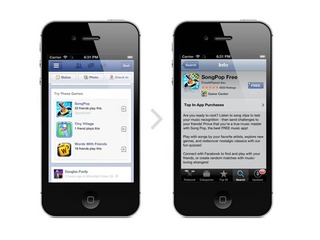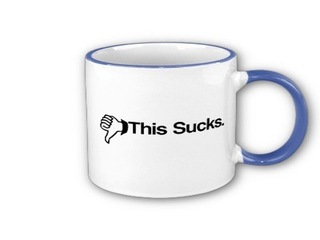
Facebook director Peter Thiel ready to sell shares?
Converting shares makes it easier to sell; could massive sell off come after end of lockout?

Facebook’s lockout period is set to end tomorrow, after which its biggest investors, as well as those inside the company, will be able to sell their shares. And one investor has filed papers that will make it easier for him to get rid of his stock.
Peter Thiel, who sits on Facebook's board of directors, and who was the first outside investor in the company, has filed a document with the Securities and Exchange Commission that gives him added flexibility to sell more of his holdings.
The form, filed on August 10, converts more than nine million of Thiel’s Facebook shares from Class B to Class A.
Class B shares generally come with more voting rights than those that are Class A. While this is not always the case, a Class B shareholder will commonly receive extra votes to approve changes within the company. It can be five, 10, or even 100 votes, depending on the company.
Essentially, Class B shares are generally those who have an interest in running the company, while those who have Class A stock are in to buy and sell for profit.
That Thiel, who has more than 27 million shares of Facebook, most already with Class A status, would convert his shares into those that are easier to sell off is not going to inspire a lot of confidence in what is going to happen when Facebook’s investors have the chance to sell later this week.
Thiel is not the only investor who will probably be dumping shares. Fidelity Investments, an early and major purchaser of Facebook stock, let go of 1.9 million shares in June, when the social network’s value on the public market fell toward the $25 mark.
Not everyone will be selling
While Thiel’s move would seem to indicate that he is ready to get rid of some of his Facebook stock, not all of the company’s investors are ready to do the same.
Netflix CEO Reed Hastings, who is a member of Facebook’s Board of Directors, purchased 47,846 shares of the stock at $21.03 a share on Friday.
These are the only shares in the company Hastings owns. He was also given 20,000 restricted shares when he became a member of the Facebook board of directors in June 2011, but those shares have not vested yet.
In addition, Microsoft said it will be holding onto its shares once Facebook’s lockout ends, a source told Bloomberg on Saturday.
The company will be keeping its shares as a way to combat Google, and not as a way to make money. Microsoft has 26.2 million Facebook shares, or 1.7 percent, worth $571.9 million.
Hastings also serves on the board of Microsoft.
Lockout period ending
A lockout period is an amount of time, usually 90 to 180 days, when those inside the company, as well as those who have a majority stake, are forbidden to sell shares. This is done to avoid the market becoming flooded too quickly.
Facebook’s lockout period will end on August 15, at which point its biggest investors, such as Goldman Sachs, will be allowed to sell their shares. Some 268 million shares will hit the market on August 16, while another 1.3 billion shares will become available on November 14.
Facebook shares were down nearly 6% on Tuesday, ending at $20.38 for the day.
Facebook could not be reached for comment
(Image source: technorati.com)
(Disclouse: Thiel is an investor in Vator)
Related News


Facebook shares hit all-time-low since May IPO

Facebook shares plunge to new lows on Q2 results

